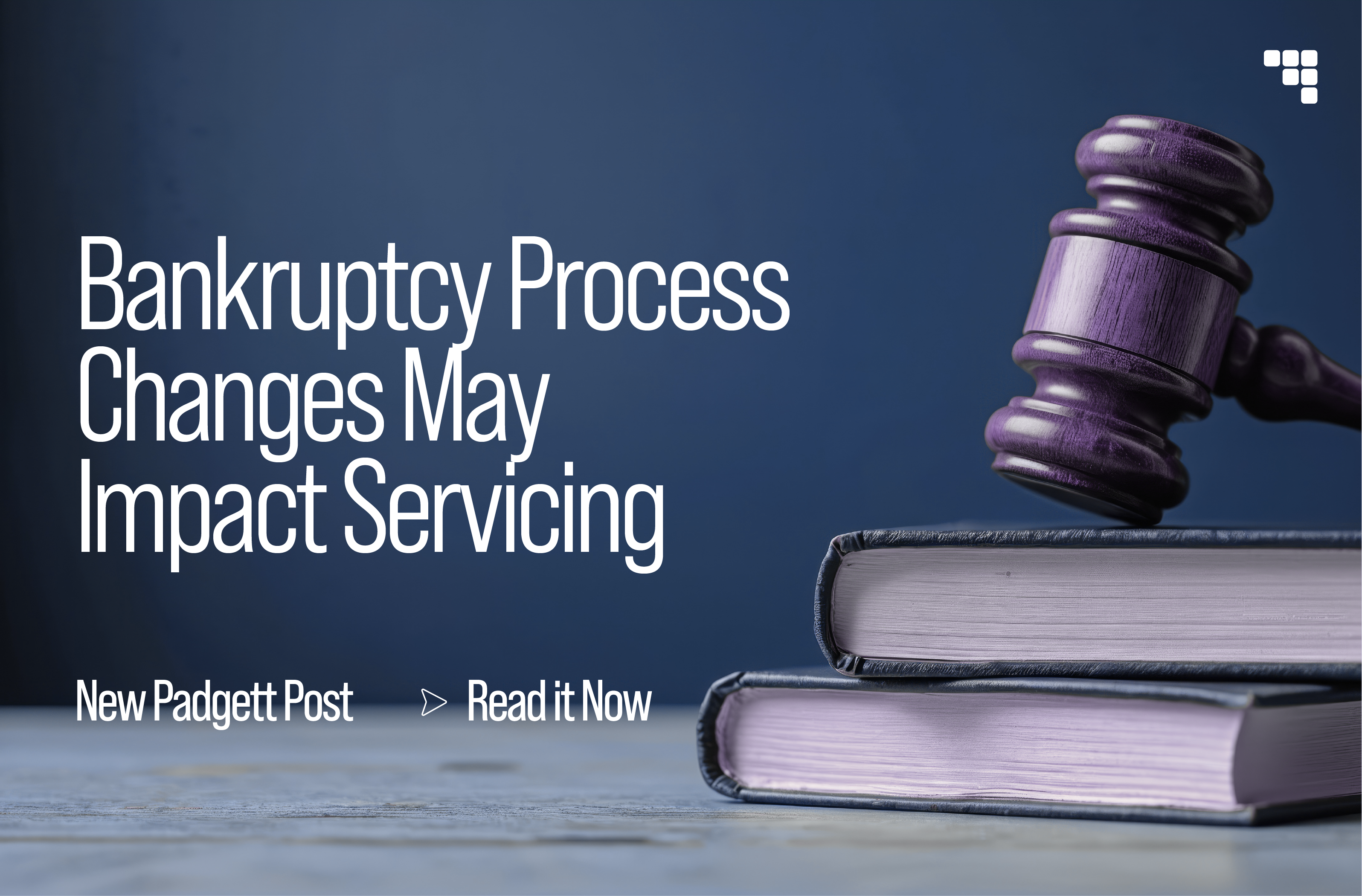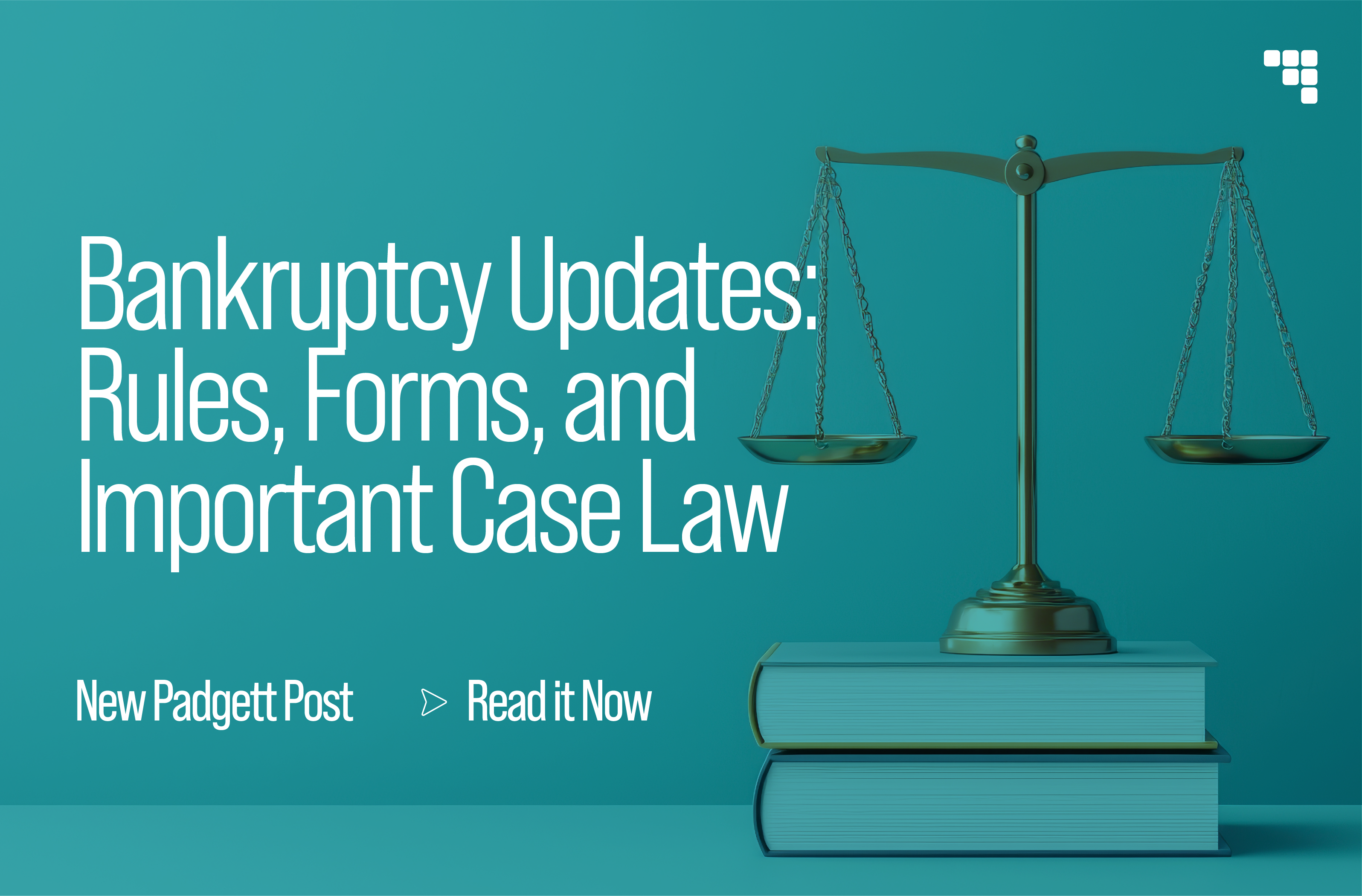2 min read
FRBP 3002.1 Changes Effective December 1, 2025
Effective December 1, 2025, a few changes to FRBP 3002.1 which impact Creditors will go into effect. The primary focus of the changes this year is to...
Navigate our key practices or use the Contact Padgett page to learn about a specific state of service.
3 min read
Cristina DiGiannantonio, Esq.
:
Updated on June 23, 2025

In Klemkowski, the Chapter 13 debtor had an existing online access agreement with her loan servicer prepetition. The servicer unilaterally denied her access after the bankruptcy filing, which was permissible according to the online access agreement. According to the court, this denial of portal access constituted a violation of the automatic stay under 11 U.S.C. § 362(a)(3), which prohibits “any act to obtain possession of property of the estate… or to exercise control over property of the estate.”
The Bankruptcy Court left open the question of the appropriate remedy for the servicer’s violation. To date, no such ruling as been issued regarding said remedy. A status hearing is scheduled for February 12, 2025.
Comparing Klemkowski to Rolanti
A somewhat related case is In re Rolanti (Bankr. D. Mass. Apr. 2, 2015). However, the factual differences led to a different outcome:

2 min read
Effective December 1, 2025, a few changes to FRBP 3002.1 which impact Creditors will go into effect. The primary focus of the changes this year is to...